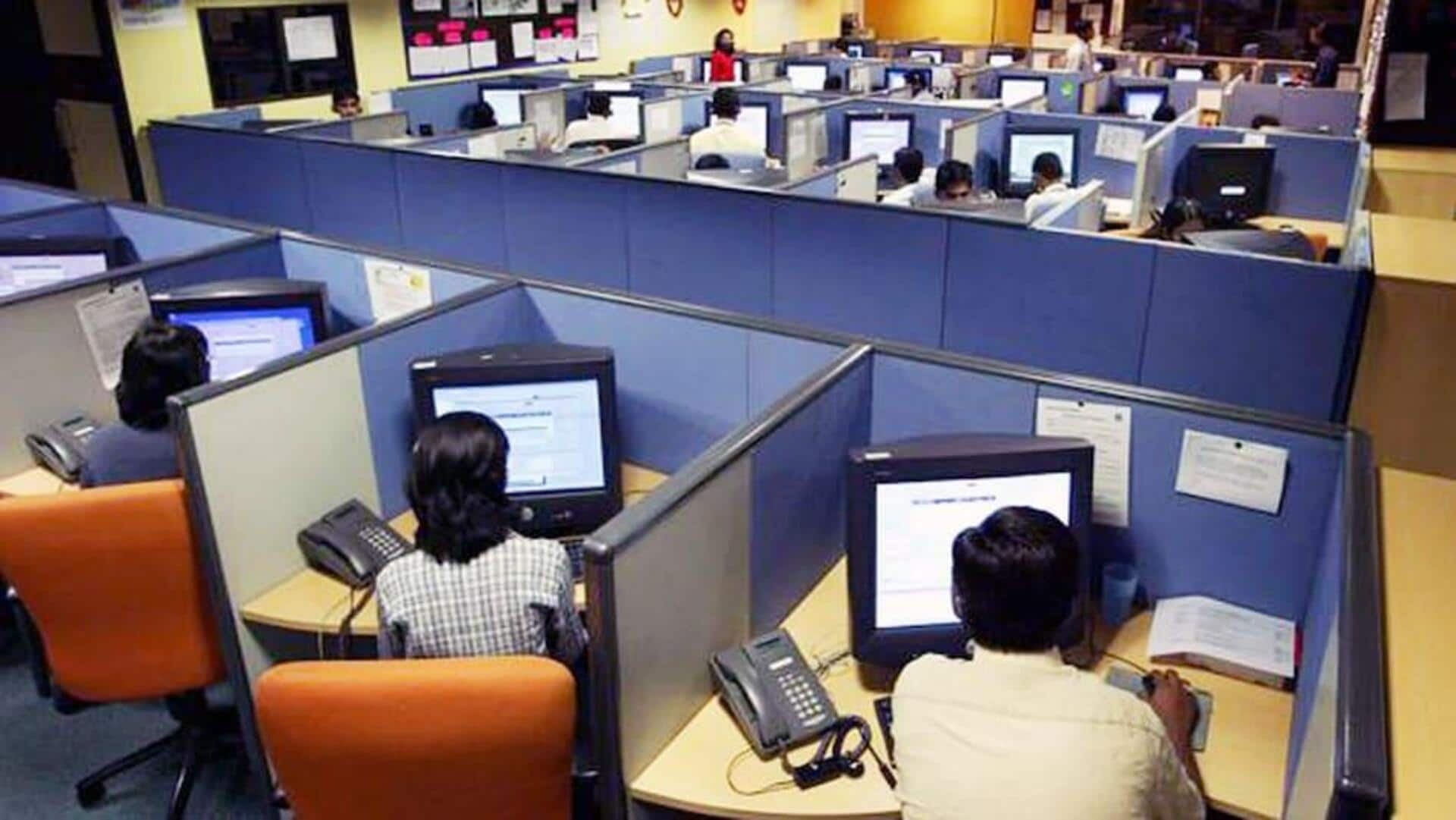
Employees now reach office late and depart early, reveals data
What's the story
The traditional 9-to-5 work schedule is undergoing a significant transformation, with many employees now preferring a condensed 10-to-4 routine, meaning working hours in offices have unofficially been reduced by two hours. This shift was identified by traffic analysis firm INRIX Inc., in its 2023 Global Traffic Scorecard. The report revealed that fewer professionals are commuting during the early morning hours, leading to a new pattern in daily traffic flow with congestion occurring at midday rather than during typical peak hours.
Traffic shift
New traffic trends reflect changing work patterns
Bob Pishue, a transportation analyst and author of the INRIX report, confirmed this shift in traffic patterns to CNBC. He stated, "We're seeing less activity in the morning and evening but much more around noon." This change indicates a broader transition in work habits post-pandemic, as professionals adapt to new office routines. The trend also suggests an increased focus on work-life balance among employees worldwide.
Work flexibility
'Coffee badging' becomes new norm in workplaces
The INRIX report also highlighted a phenomenon known as "coffee badging," where employees only visit the office when absolutely necessary, often for brief meetings before returning home. This trend was confirmed by a survey from Owl Labs, which found that 58% of hybrid workers admitted to spending just a few hours at the office before leaving. The rise of "coffee badging" underscores an increasing preference for flexible work arrangements and a greater emphasis on work-life balance.
Employee preferences
Work-life balance trumps corporate ladder
The Owl Labs survey also revealed that many professionals now prioritize a healthy work-life balance, flexible hours, and mental health support over career advancement. A significant 66% of respondents indicated they would seek new employment offering more flexibility if their current job eliminated the option to work from home. This data suggests a shift in employee values post-pandemic, with an increased emphasis on personal well-being and flexibility in the workplace.